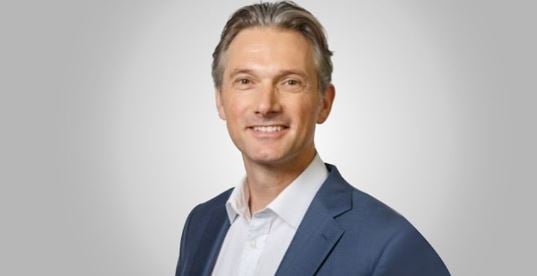After a turbulent five-year tenure, Kare Schultz will be stepping down as the Israeli generics giant ‘s CEO and former Sandoz chief Richard Francis will take over in January. Francis, who brings his vast industry experience at companies like Sandoz and Biogen to the role, will inherit a number of his predecessor’s woes.
I look forward to leveraging my background and years of pharmaceutical experience to build on Teva’s strong fundamentals and to write the next exciting chapter for Teva, focusing on building a solid pathway to deliver long-term growth
Richard Francis, incoming CEO
At the helm of Teva since 2017, Kare Schultz saw the company through some difficult times, managing to reduce the huge debts that resulted from the acquisition of Allergen’s generics business. “Now we have a stable situation where we’ll be slowly growing both the revenues and the operating profit,” he said in 2020. Yet under his reign Teva’s stock saw a drop of nearly 50 percent and sales fell steadily. Moreover, during Schultz’s tenure, the company struggled with the patent loss for its blockbuster multiple sclerosis drug, Copaxone, and faced major lawsuits that linked it to the US opioid epidemic.
Richard Francis brings to the role his over 20 years of experience in the industry, including his 5-year tenure as CEO of Novartis’ generics division, Sandoz, and 13 years in senior leadership positions at Biogen. “I look forward to leveraging my background and years of pharmaceutical experience to build on Teva’s strong fundamentals and to write the next exciting chapter for Teva, focusing on building a solid pathway to deliver long-term growth,” he said in a company release.
Teva is still struggling with its difficulties and when Francis takes over after Schultz retires in January, a full plate of challenges will be waiting for him. For starters, the firm continues to finalize a US opioid settlement that is valued at over USD 4.2 billion to be paid over the course of 13 years. Meanwhile, revenues continue to drop and Teva’s third quarter revenues were reported at USD 3,595 million, which represented an 8-percent decrease compared to the third quarter of 2021.
Francis will, however, be able to build on the momentum of some of the company’s recent wins, like its generics revenue growth in Europe, the sustained growth of its Huntington’s Disease treatment, Austedo, and its preventive treatment of migraine, Ajovy. The company expects the rest of 2022 to generate total revenues of between, USD 15 to 15.6 billion.
Under Schultz, Teva chartered a strategy that will lead it through 2027. By then, the company expects mid- to single-digit revenue growth. To achieve that growth, Schulz set out a plan to leverage Teva’s generics arm, build its biosimilar stake, and focus on specialty products like Ajovy and Austedo, which he shared with investors. He claimed that he expected the overall value of the generics market to be worth USD 369 billion by 2027 and the value of the biosimilars market could grow to USD 56 billion over the same period. How Francis will execute or adapt this strategy going forward remains to be seen.
Meanwhile Teva’s Biosimilar of Amgen’s Humira (adalimumab) secured through a deal with Alvotech is currently pending approval from the FDA and the company expects it to come to market in 2023 along with its Risperidone LAI for schizophrenia.
Most of the nearly one century-old Tel Aviv-based company’s revenues come from generics, but it also delivers specialty medicines, over-the-counter products, and is a top producer of active pharmaceutical ingredients (APIs) and a leading contract manufacturer.



